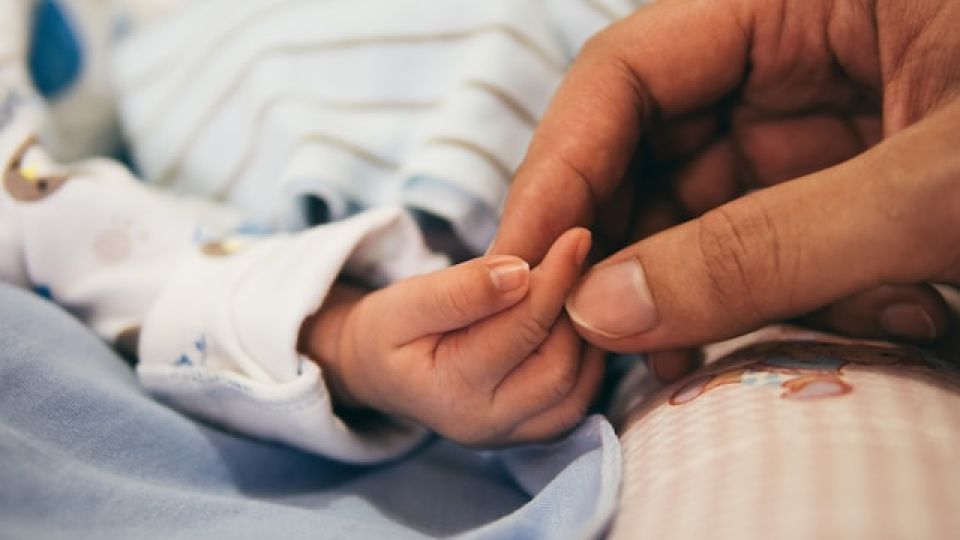April 30, 2024
SEOUL – The Seoul Metropolitan Government announced Sunday that it will provide housing subsidies to couples who don’t own houses and who have newborns from 2025, to mitigate the trend of couples forgoing parenthood due to the city’s high housing costs and enable more married couples with newborns to continue living in Seoul.
Under the program, the city government revealed its plan to provide financial support of 300,000 won ($218) per newborn per month for a maximum duration of two years. This means that married couples can receive a maximum subsidy of up to 7.2 million won per newborn.
Multicultural families are also eligible to receive the subsidy as long as one of the parents and their child is of Korean nationality.
Though there is no set income standard for couples who wish to apply for the subsidy, they must live in Seoul and have a monthly rent of 2.68 million won or less.
For couples renting a home via jeonse — a South Korean rental system where tenants pay a large lump-sum deposit to the landlord in lieu of a monthly rent — they must have paid 700 million won or less for the deposit.
Couples who live in public rental housing from Seoul Housing and Communities and Korea Land and Housing Corporation are also not eligible to receive the subsidy.
Once selected, the couple must not own a home while receiving the subsidy. If the couple moves outside of Seoul or buys a house during that period, the city government will no longer provide the subsidy.
The housing cost support program is scheduled to be implemented from Jan. 1, 2025, after consulting with the Ministry of Health and Welfare and conducting ordinance revisions.
The Seoul Metropolitan Government anticipates that it will be able to subsidize around 10,000 households each year once the support program is established.
“Couples who have children and do not own homes have been in dire need of support, but have been in a blind spot and left out of policy targets,” said Seoul Mayor Oh Se-hoon regarding the new subsidy program on Sunday.
“The city government hopes that this new program will be of practical help to couples who were hesitant to have children due to housing costs as they will be able to receive housing support once they bear children from next year. The city of Seoul will continue to do its utmost to overcome the low birth rate.”
Data presented by the Seoul City Government revealed that in 2023, 325,317 individuals moved from Seoul to neighboring regions such as Gyeonggi Province and Incheon, with 61.3 percent — or 199,527 people — citing “family and housing” as their primary motivation.
Seoul’s total fertility rate also hit a record low of 0.55 in 2023, the lowest among all cities and provinces in Korea, according to Statistics Korea. The number of newborns in Seoul reached 394,000 in 2023, marking a decrease of 7.6 percent, or 32,000 babies, compared to the previous year.


